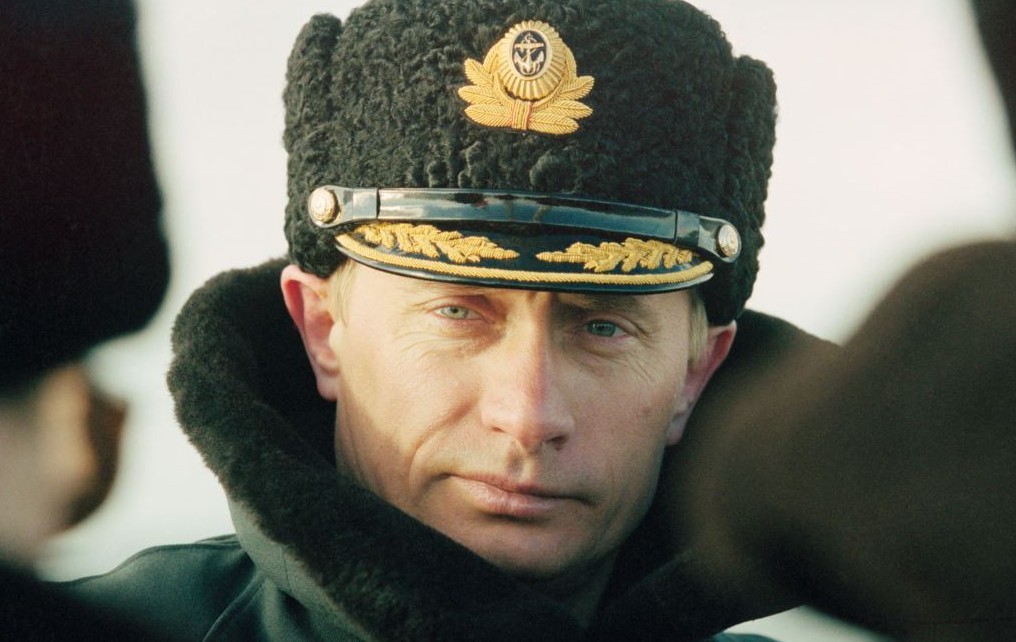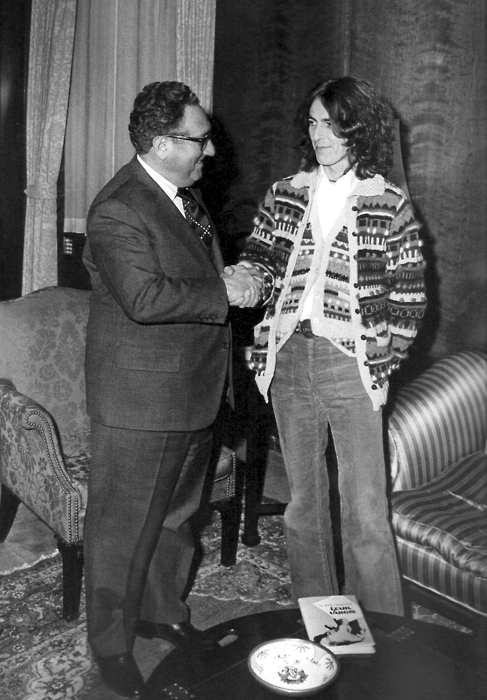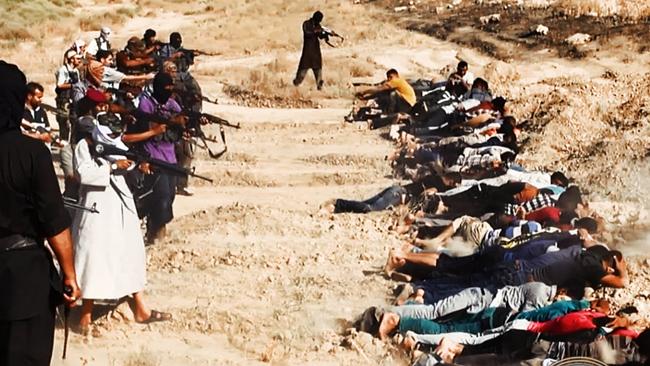Retired chess champion Garry Kasparov, a real-life John Henry, is still fighting machines, chiefly Vladimir Putin’s. The Russian autocrat has led his nation to re-embrace the failed aggressions of the twentieth century rather than create a modern state based on the German model, doing so in the manner of an underworld mob boss, a capo with nuclear capabilities. His most outspoken Russian-born critic sat for an interview with Erich Follath of Spiegel, expressly accusing President Obama and the West of appeasement, which seems more than a little hyperbolic. The opening:
Spiegel:
Mr. Kasparov, you call Vladimir Putin the greatest threat to world peace. Don’t we need the Russian president’s help now more than ever to end wars and contain terrorism?
Garry Kasparov:
Russia is a mafia state today, and Putin is its top godfather. The regime is in trouble economically and can no longer offer anything to its citizens. That’s why Putin has to pursue an aggressive foreign policy, so he can serve his people the fairy tale of Russian pride and regaining its strength as a major power. But he uses fascist propaganda to do so. From Ukraine to Syria, he is behaving like the world’s new general and celebrating victories, while the American president sits on the sidelines and Europe sleeps. The West’s behavior toward Putin is political and moral capitulation.
Spiegel:
Now you’re really exaggerating.
Garry Kasparov:
No, I’m not. People would have been shaking their heads in disbelief if someone had predicted, 15 months ago, that Putin would annex Crimea and grossly violate European postwar borders. Then came the expansion into eastern Ukraine, and now the direct military intervention in the Syrian war, on the side of mass murderer Bashar Assad. Putin needs wars to legitimize his position. It’s the only move he has left. And his appearance before the United Nations General Assembly in late September is typical for action and counter reaction.
Spiegel:
What do you mean?
Garry Kasparov:
Putin spoke unabashedly about the importance of national sovereignty in Syria, a concept apparently near and dear to his heart, unless it comes to the sovereignty of Georgia, Ukraine or any other country in which he intervenes. Then he offered his cooperation, but without making any concrete concessions at all. And he didn’t have to, either. He knows what he can rely on. He has assets that are more valuable than words: He has tanks in Ukraine, fighter jets in Syria — and Barack Obama in the White House. His speech before the UN only an hour earlier was completely toothless. The West can’t come up with anything to deal with Moscow, except appeasement.•




